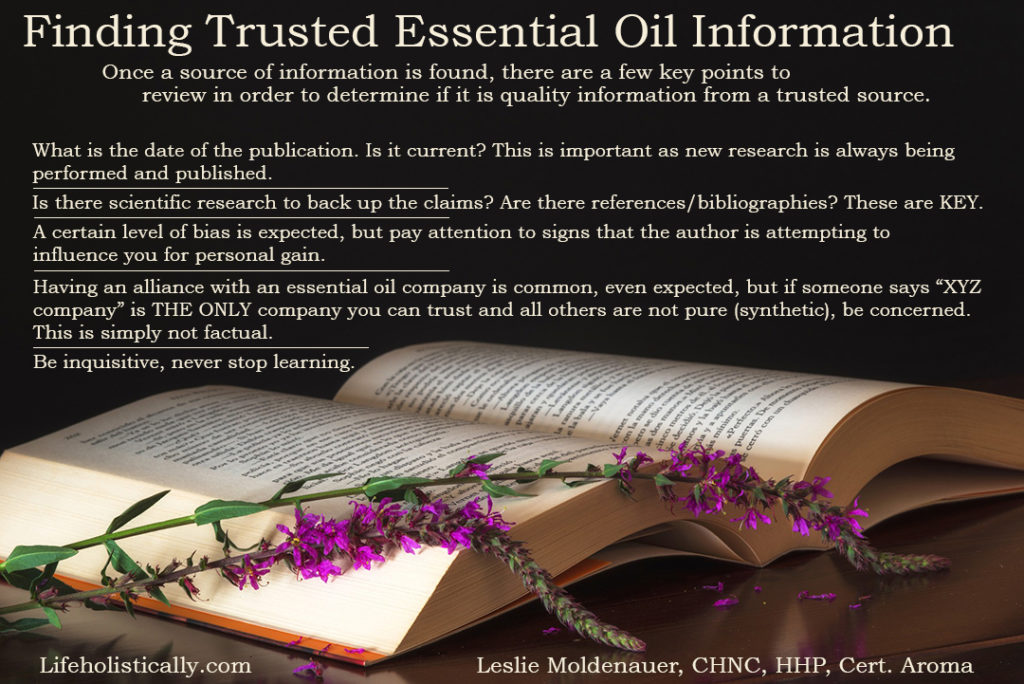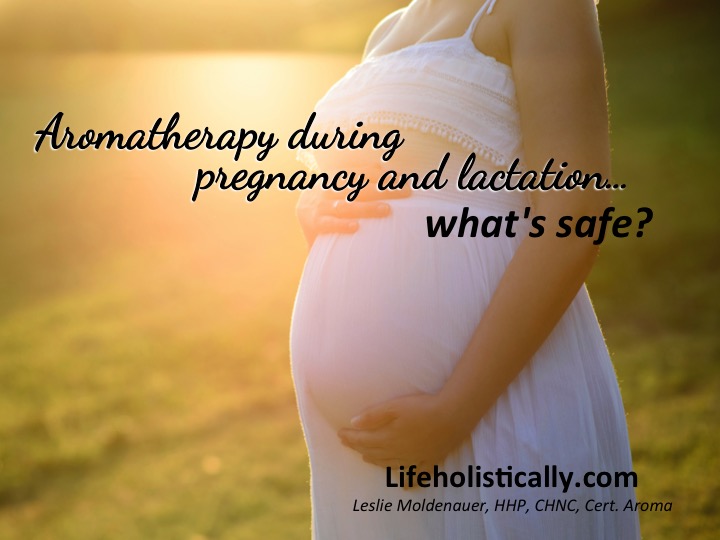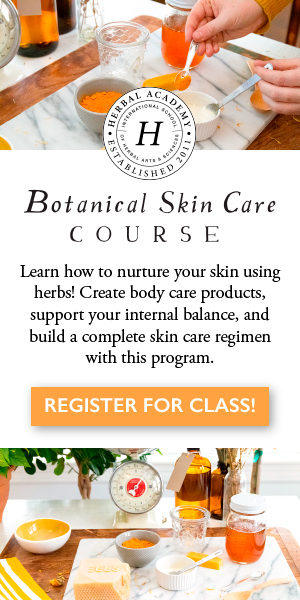With so much mis-information on the Internet, where do you turn for accurate advice? I give references when possible to do your own research. Even when you get information from someone you trust, you need to do your own homework before utilizing essential oils. My references are not typically random blog posts or anything that has not been fully researched, but books from pioneers in the field of aromatherapy, their articles, journal articles, or studies, etc.
This article will be speaking to aromatherapy use during pregnancy and beyond into the nursing years. I decided to write about this because there are a lot of misconceptions out there. Pregnancy is a delicate time, especially during the first trimester, and as we know that chemical constituents in essential oils pass the placenta, even though only in minute amounts, so safety needs to be addressed.
According to International Federation of Professional Aromatherapists (IFPA), “Essential oils by their very nature, being organic substances, will cross the placental barrier and have the potential to affect the fetus. However, the amount of essential oil that actually accesses the mother’s skin is very tiny and therefore the amount that reaches the placenta is minuscule if proper dilutions are being used. Small amounts of essential oils can be beneficial to the baby and there are no recorded instances of harm being caused to the child through essential oils used in aromatherapy massage” (1).
On the flip side of the coin, aromatherapy is rarely, if ever, black and white. It is not a NEVER or ALWAYS modality. Jane Buckle, PhD, RN, has been using essential oils successfully in a clinical setting for years. Essential oils can have many beneficial properties relevant to pregnancy, labor, delivery, and postpartum (2). The key is knowing which oils to use, and how to use them. They are very useful for stress, nausea, pain, comfort, and even prove to be quite beneficial in labor and delivery.
The use of aromatherapy can also be extremely beneficial to those afflicted with postpartum depression. Essential oils are a wonderful complementary modality, but a specific oil or oil blend that works for one person, may not work for another. Therefore, I try to stay away from “recipe” recommendations online. This is not beneficial to the individual.
I performed an interview recently with Pam Conrad, PGd, BSN, RN, CCAP. Pam earned her Bachelor of Science Nursing degree from Purdue University and has been a registered nurse for over 25 years. Pam completed R J Buckle and Associates 18-month Clinical Aromatherapy course for healthcare professionals in 2000. The interview focuses on labor, delivery, and postpartum. Pam does mention in the interview about benefit vs risk. As I feel it is important to see all possible sides of the equation, I am posting the link to the full article here.
We are all unique…what works for me may not work for you!
Marguerite Maury, a pioneer of aromatherapy stated, “To reach the individual we need and individual remedy. Each of us is a unique message. It is only the unique remedy that will suffice”.
It has been noted by some that peppermint and spearmint are not safe during pregnancy. They can in fact be used safely for nausea during pregnancy as well as postpartum. Placing a couple of drops in an inhaler can be very helpful. Some mother’s report a decrease in breast milk production with the mint families, others do not. The evidence is anecdotal. Use sparingly and as stated below, until you know how or if they work for you. Never take internally.
The do not use list in Robert Tisserand’s Essential Oil Safety 2e in regards to pregnancy does not account for medical conditions or medications. In these situations, additional research needs to be done before using essential oils, as your list of “do not use” may be more detailed. Please seek out an aromatherapist for assistance.
Essential oils are complex, training is recommended…
There are a few recommendations that are important to follow during pregnancy such as:
- Unless under the care of a trained professional, essential oils should not be used internally.
- If you are considered high risk due to multiple losses, it is advisable to restrict essential oil use during the first trimester.
- There is NO evidence that “external use” of essential oils have the ability to be abortifacients. Some feel that since some essential oils have been termed emmenagogues they are dangerous during pregnancy. An emmenagogue is a substance that can promote menstrual bleeding, but there is no evidence that they have abortifacient properties in the amounts used in aromatherapy, this recommendation was born out of an abundance of caution (3) (Tisserand, 2014, Buckle, 2014, Knapp-Hayes, 2015).
- Due to the overall big picture of reproductive toxicity, topical application of essential oils while pregnant during any given day should not exceed a range of 1-4% (4). This is another great reason for the importance of essential oil dilution.
- Where breastfeeding is concerned, exposure in breast milk to the majority of essential oils constituents is minute, less than 1% of the maternal dose (5).
- There is NO proof that any essential oil has the pharmacological action to increase a mother’s milk production. This is attributed to the herbal counterpart. IF the issue is stress related, for example, an essential oil inhaler could potentially help mom to relax and increase the likelihood of let down.
Nothing is more important that a mothers instinct. If a friend says, “It’s fine, I did it”, and you do not feel comfortable? Don’t! If in doubt, don’t use it!
I have education in herbs as well but will refer general safety information with herbs during pregnancy to Aviva Romm, MD. here
Just remember, everything should be researched. Here is a nice guideline I like to recommend to others when thinking about finding quality resources:

As you can see, there are many safety concerns associated with the improper use of essential oils. Finding quality information from reputable sources is vital for the safe use of these healing catalysts. I hope that this helps you to feel more empowered to utilize aromatherapy safely during pregnancy and lactation.
References:
(1) Pregnancy Guidelines. (2013) International Federation of Professional Aromatherapists. https://www.naha.org/assets/uploads/PregnancyGuidelines-Oct11.pdf
(2) Buckle, J. (2015) Clinical Aromatherapy (3rd Ed) Elsevier: St. Louis, MO
(2) Walls, D. (2009). Herbs and natural therapies for pregnancy, birth and breastfeeding. International Journal of Childbirth Education, 24, 29-37.
(3) Buckle, J., Ryan, K., Chin, K. (2014) Clinical Aromatherapy for Pregnancy, Labor, and Postpartum. International Journal of Childbirth Education, Vol 29 Issue 4, p21-27, http://www.icea.org/sites/default/files/October%202014%20Proof.pdf
(3) Kerkhof-Knapp Hayes, M. (2015) Complementary Nursing in End of Life Care. Kicozo: Wernhout, NL
(3) (4) Tisserand, R., Young, R. (2014) Essential Oil Safety (2nd Ed) Elsevier: London, UK (p. 163)
(5) Hausner, H. et. al. (2008) Differential transfer of dietary flavour compounds into human breast milk.
Physiol Behav. Sep 3;95(1-2):118-24

BEFORE YOU GO! Remember to sign up for my FREE Facebook group! Hang out with me and THOUSANDS of other Essential Oil lovers looking to learn, click on to join Real Essential Oil Education Group!
Check out my FREE offer below!
Like so many practices in life I encourage you to become educated on the proper use of essential oils. When using them, please do so cautiously, understanding that there is often misinformation on the internet. You can be assured that I support only educated and proven resources. While essential oils should not be feared they should be respected and used properly to ensure the safety of the individuals using them.
Please note that I am not a medical practitioner. The content of this website is provided for general informational purposes only and is not intended as, nor should it be considered a substitute for, professional medical advice. Do not use the information on this website for diagnosing or treating any medical or health condition. If you have or suspect you have a medical problem, promptly contact your professional healthcare provider. By using this website, you assume full responsibility and liability for your own actions.





